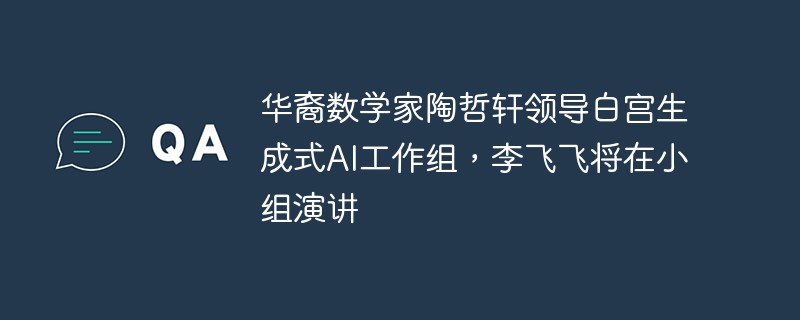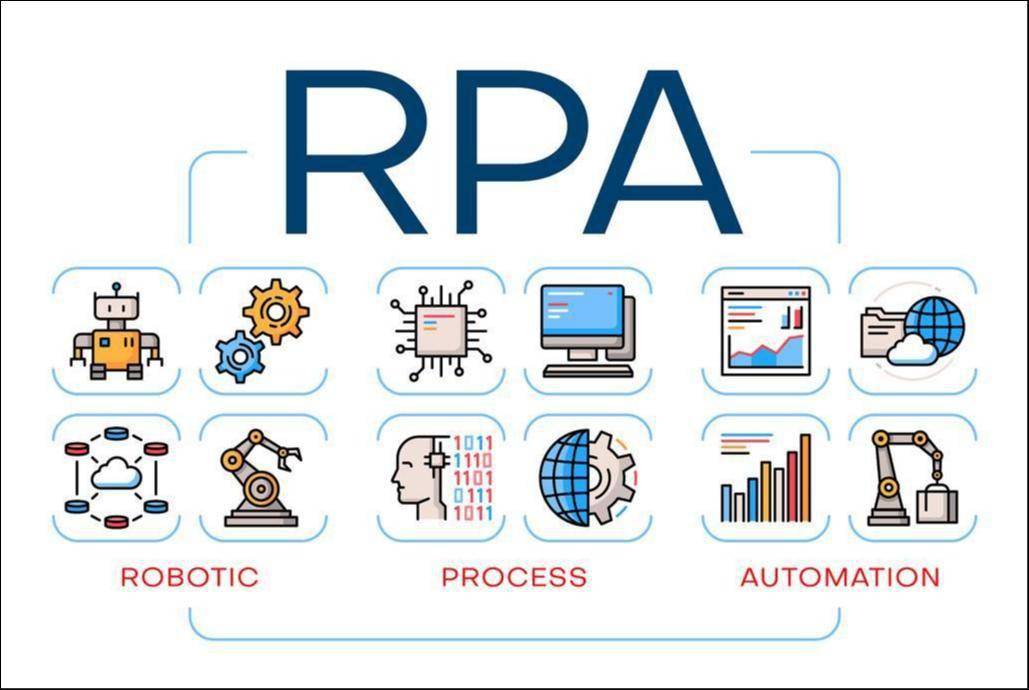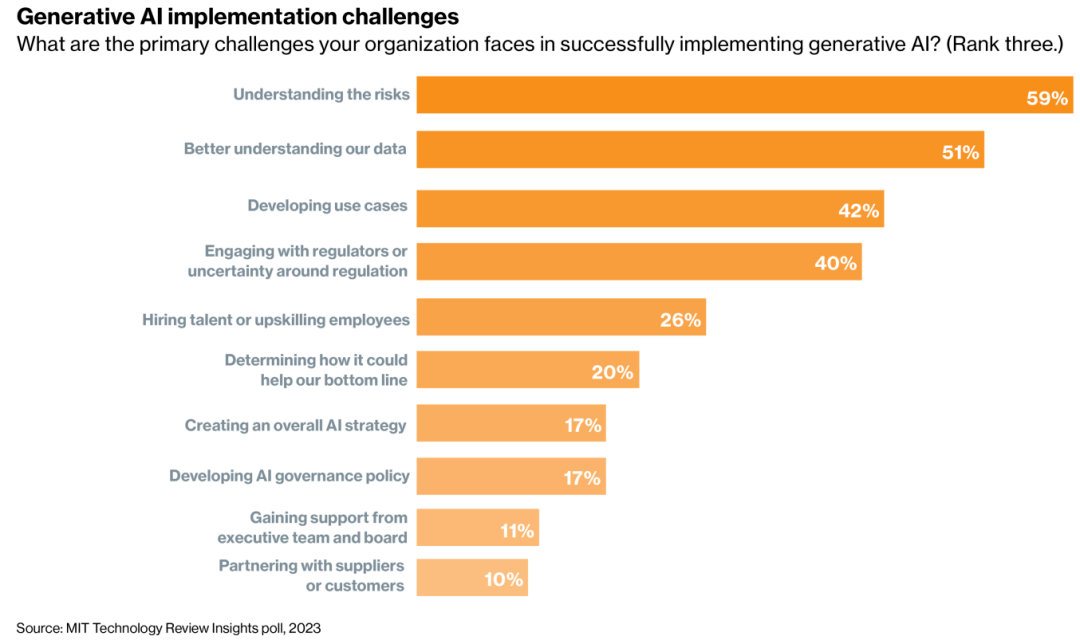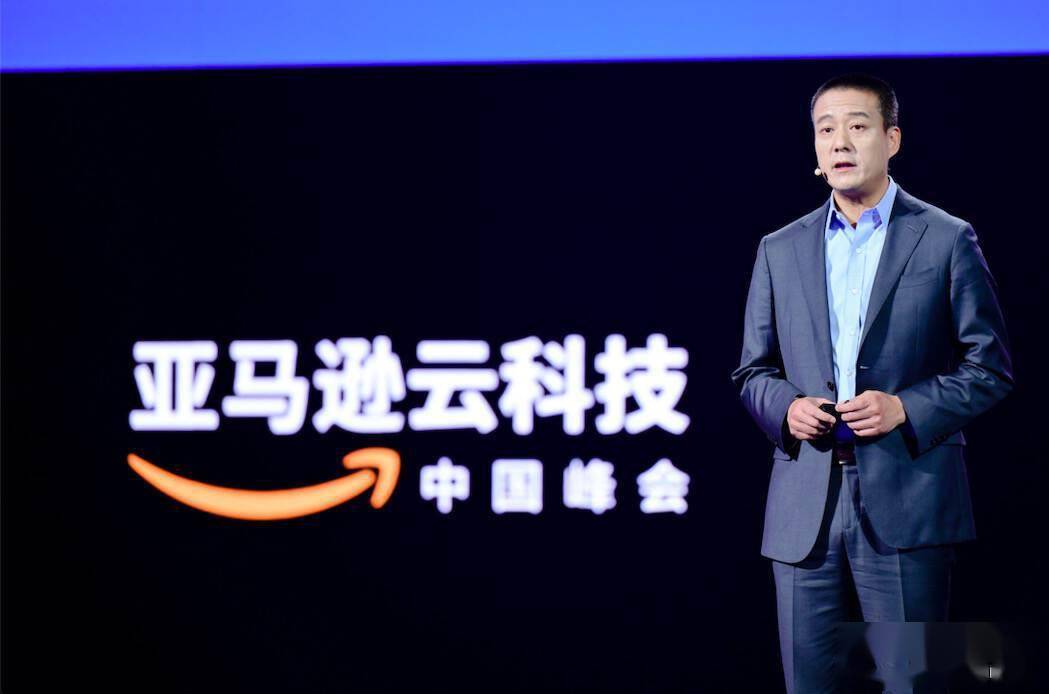 Technology peripherals
Technology peripherals AI
AI New headline: Japanese media reports: Generative AI drives investment boom in power semiconductors
New headline: Japanese media reports: Generative AI drives investment boom in power semiconductors
Reference News Network reported on September 25According to the "Nihon Keizai Shimbun" report on September 20, various semiconductor companies are actively investing in power semiconductors that control electricity. Japanese company Renesas Electronics will launch high-efficiency silicon carbide products on the market in 2025, and Rohm Corporation and Mitsubishi Electric Corporation will also increase production one after another. In addition to electric vehicles, demand for power semiconductors suitable for data centers is rapidly rising with the emergence of generative artificial intelligence (AI).
Renesas uses silicon carbide material substrates to produce power semiconductors, and samples have been shipped since July. Renesas purchases substrates from American companies and will begin mass production of silicon carbide products at the Takasaki Factory in Takasaki City, Gunma Prefecture in 2025. Renesas will also restart its Kofu factory in Kai City, Yamanashi Prefecture, which is currently suspended, and will double its production capacity for power semiconductors based on silicon and silicon carbide. A series of investments totaling approximately 100 billion yen (approximately US$674 million).
Silicon carbide is a compound of carbon and silicon. It is more resistant to high voltage and current than traditional silicon. The advantage is that it does not waste electricity. If it is integrated into the driving device of electric vehicles, the driving distance of the vehicle can be extended. In addition, the demand for silicon carbide in the data center field is growing rapidly.
As AI is widely used in various industrial fields, the amount of data processing and power consumption has surged. Global data center power consumption will reach 670 billion kilowatt hours in 2030, about four times that of 2018. Servers consume a lot of power, and how to save energy has become a topic. High-efficiency power semiconductors are becoming increasingly important.
The price of silicon carbide devices is 4 to 5 times that of silicon devices. However, Nagoya University Professor Yamamoto Shinichi pointed out that in data centers where large-scale investments have made progress, silicon carbide with high power utilization efficiency is increasingly being used for servers
Before the mid-2010s, power semiconductors were mainly silicon devices, but heat loss occurred when current flowed through them, which was a problem that had been faced. Starting from the second half of the 2010s, the insulation performance of silicon carbide protective films has been improved, power loss has been reduced, and durability has also been improved
Rohm has a high share of the world's silicon carbide market and will launch a new silicon carbide power semiconductor factory in Miyazaki Prefecture at the end of 2024. The goal is to invest 510 billion yen in the development of silicon carbide products and increase sales of silicon carbide power semiconductors to 270 billion yen in 2027, which will be 9 times that of 2022.
Mitsubishi Electric plans to invest approximately 100 billion yen to build a new factory in Kikuchi City, Kumamoto Prefecture by 2026, and increase silicon carbide production capacity to five times the original number in the next four years
According to statistics from the Yano Economic Research Institute, driven by the demand for electric vehicles, the power semiconductor market size is expected to grow by 7% in 2022, reaching approximately US$23.8 billion. It is expected that large overseas automobile companies will further expand the application of silicon carbide devices
After that, the use of silicon carbide devices on AI servers has surged, and will increase to four times that in 2022 in 2030. Precisely because the silicon carbide power semiconductor market has broad prospects, international competition has become more intense. According to statistics from the British company Omdia, as of 2022, Germany's Infineon Technologies ranks first in the power semiconductor market, accounting for 25%, followed by the United States' ON Semiconductor and STMicroelectronics. The share of Japanese companies is about 16%.
Infineon Technologies will invest 5 billion euros (approximately US$5.3 billion) in 2026 to launch a factory in Dresden to produce power semiconductors. The EU will provide subsidies.
Tesla Motors used silicon carbide power semiconductors produced by STMicroelectronics Co., Ltd. in its electric vehicle "Model 3" in 2017.
Power semiconductors are a key component in achieving a decarbonized society, and the development of power semiconductors is inseparable from national-level policy support. From material research and development to post-processing processes, how the government and the private sector work together to strengthen the entire supply chain will become the key to victory in global competition
The above is the detailed content of New headline: Japanese media reports: Generative AI drives investment boom in power semiconductors. For more information, please follow other related articles on the PHP Chinese website!
 华裔数学家陶哲轩领导白宫生成式AI工作组,李飞飞将在小组演讲May 25, 2023 am 10:36 AM
华裔数学家陶哲轩领导白宫生成式AI工作组,李飞飞将在小组演讲May 25, 2023 am 10:36 AM·美国总统科技顾问委员会成立的生成式AI工作组旨在帮助评估人工智能领域的关键机遇和风险,并就尽可能确保公平、安全、负责地开发和部署这些技术向美国总统提供意见。·AMD的首席执行官苏姿丰(LisaSu)和谷歌云首席信息安全官菲尔·维纳布尔斯(PhilVenables)也是这个工作组的成员。华裔数学家、菲尔茨奖获得者陶哲轩。当地时间5月13日,华裔数学家、菲尔茨奖获得者陶哲轩公布消息,他和物理学家劳拉·格林(LauraGreene)共同领导美国总统科技顾问委员会(PCAST)的生成式人工智能工作组。
 从“人+RPA”到“人+生成式AI+RPA”,LLM如何影响RPA人机交互?Jun 05, 2023 pm 12:30 PM
从“人+RPA”到“人+生成式AI+RPA”,LLM如何影响RPA人机交互?Jun 05, 2023 pm 12:30 PM图片来源@视觉中国文|王吉伟从“人+RPA”到“人+生成式AI+RPA”,LLM如何影响RPA人机交互?换个角度,从人机交互看LLM如何影响RPA?影响程序开发与流程自动化人机交互的RPA,现在也要被LLM改变了?LLM如何影响人机交互?生成式AI怎么改变RPA人机交互?一文看明白:大模型时代来临,基于LLM的生成式AI正在快速变革RPA人机交互;生成式AI重新定义人机交互,LLM正在影响RPA软件架构变迁。如果问RPA对程序开发以及自动化有哪些贡献,其中一个答案便是它改变了人机交互(HCI,h
 告别设计软件一句话生成效果图,生成式AI颠覆装饰装修领域,附28款流行工具Jun 10, 2023 pm 03:33 PM
告别设计软件一句话生成效果图,生成式AI颠覆装饰装修领域,附28款流行工具Jun 10, 2023 pm 03:33 PM▲本图由AI生成酷家乐、三维家、东易日盛等已出手,装饰装修产业链大举引入AIGC生成式AI在装饰装修领域有哪些应用?对设计师有啥影响?一文看懂告别各种设计软件一句话生成效果图,生成式AI正颠覆装饰装修领域使用人工智能增强能力提升设计效率,生成式AI变革装饰装修行业生成式AI对装饰装修行业有哪些影响?未来发展趋势如何?一文看懂LLM变革装饰装修,这28款流行生成式AI装修设计工具值得上手体验文/王吉伟在装饰装修领域,最近与AIGC关联的消息着实不少。Collov推出了生成式AI驱动的设计工具Col
 观察:将生成式AI应用于网络自动化有何潜力?Aug 17, 2023 pm 07:57 PM
观察:将生成式AI应用于网络自动化有何潜力?Aug 17, 2023 pm 07:57 PM根据市场研究公司Omdia的一份最新报告,预计到2023年,生成式人工智能(GenAI)将成为一个引人注目的技术趋势,为企业和个人带来重要的应用,包括教育。在电信领域,GenAI的用例主要集中在提供个性化营销内容或支持更复杂的虚拟助手,以提升客户体验尽管生成式AI在网络运营中的应用并不明显,但EnterpriseWeb进行了一项有趣的概念验证,展示了该领域中生成式AI的潜力生成式AI在网络自动化方面的能力和限制生成式AI在网络运营中的早期应用之一是利用交互式指导替代工程手册来帮助安装网络元件,从
 微软和西门子联手将生成式AI引入制造业,可让仿真时间从数周缩短到几分钟Nov 01, 2023 pm 08:17 PM
微软和西门子联手将生成式AI引入制造业,可让仿真时间从数周缩短到几分钟Nov 01, 2023 pm 08:17 PM11月1日消息,微软和西门子宣布加深在生成式人工智能(AI)领域的合作,并将其应用于全球各行各业。为了实现人机协作的革命性突破,两家公司推出了西门子工业Copilot,这是一款联合开发的人工智能助手,旨在提高制造业的生产力。通过利用微软的AzureOpenAI服务,结合西门子工业的专业技术和Xcelerator平台的数据,西门子工业Copilot可以轻松生成、优化和调试复杂的自动化代码,实现自然语言交互。两家公司表示,这项技术可以将一些耗时数周的任务缩短到几分钟,例如仿真过程IT之家注意到,Co
 小公司部署生成式AI大模型的比例是中型公司的3倍,调查揭示Oct 15, 2023 pm 05:21 PM
小公司部署生成式AI大模型的比例是中型公司的3倍,调查揭示Oct 15, 2023 pm 05:21 PM在过度炒作了Web3、虚拟世界和区块链等一系列技术之后,企业高管们正在准备迎接生成式人工智能的浪潮。有人认为,人工智能带来的变革将与互联网的诞生或台式电脑的出现相媲美但能力越大,责任越大。生成式人工智能带来的风险与回报一样多。这项技术正在挑战版权和知识产权方面的法律制度,创造新的网络和数据治理威胁,并在劳动密集的活动中引发了“自动化焦虑”。为了满足利益相关者的期望,公司需要迅速采取行动,但必须谨慎行事,以确保在数据隐私和偏见等领域不违反法规或道德标准在运营方面,企业需要重新配置人力资源,并与科技
 红帽全球峰会:生成式AI令人期待,开源领域迎来好时机Jun 06, 2023 am 08:06 AM
红帽全球峰会:生成式AI令人期待,开源领域迎来好时机Jun 06, 2023 am 08:06 AM作为全球开源领域一年一度的行业盛宴,2023红帽全球峰会于近日如约而至。红帽带来全球开源盛宴在本届峰会上,红帽发布了最新版的OpenShiftAI、搭载IBMWatsonCodeAssistant的AnsibleLightspeed等一系列新品,并且针对媒体记者最为关心的热点话题分享了红帽的观点与看法。红帽总裁兼CEOMattHicks表示:“我们对未来充满了激动和期待,特别是在人工智能和新技术方面。我们发布了一些令人兴奋的新产品,其中包括OpenShiftAI。然而要实现这一愿景,我们还需要注
 生成式AI爆发,亚马逊云科技持续专注创新,助力企业数字化转型Jul 13, 2023 pm 08:54 PM
生成式AI爆发,亚马逊云科技持续专注创新,助力企业数字化转型Jul 13, 2023 pm 08:54 PM2023年的科技圈什么技术最火,毫无疑问,回答都会指向生成式AI。生成式AI的到来引发了业内外广泛讨论,也引发了大家对AI发展的新一轮思考——未来几年,生成式AI会成为最重要的生产力工具,无论是训练还是推理端,算力需求都将有望爆发式增长。在6月28日举行的2023年亚马逊云科技中国峰会上,亚马逊云科技大中华区产品部总经理陈晓建发表了名为《专注创新,摆脱基础架构束缚》的主题演讲,他认为,“当前,虽然生成式AI只有短短几个月,但其超大规模人工智能模型和海量数据对高算力提出新要求,不断拉动算力需求快速


Hot AI Tools

Undresser.AI Undress
AI-powered app for creating realistic nude photos

AI Clothes Remover
Online AI tool for removing clothes from photos.

Undress AI Tool
Undress images for free

Clothoff.io
AI clothes remover

AI Hentai Generator
Generate AI Hentai for free.

Hot Article

Hot Tools

SublimeText3 Chinese version
Chinese version, very easy to use

Dreamweaver Mac version
Visual web development tools

WebStorm Mac version
Useful JavaScript development tools

Notepad++7.3.1
Easy-to-use and free code editor

SecLists
SecLists is the ultimate security tester's companion. It is a collection of various types of lists that are frequently used during security assessments, all in one place. SecLists helps make security testing more efficient and productive by conveniently providing all the lists a security tester might need. List types include usernames, passwords, URLs, fuzzing payloads, sensitive data patterns, web shells, and more. The tester can simply pull this repository onto a new test machine and he will have access to every type of list he needs.





